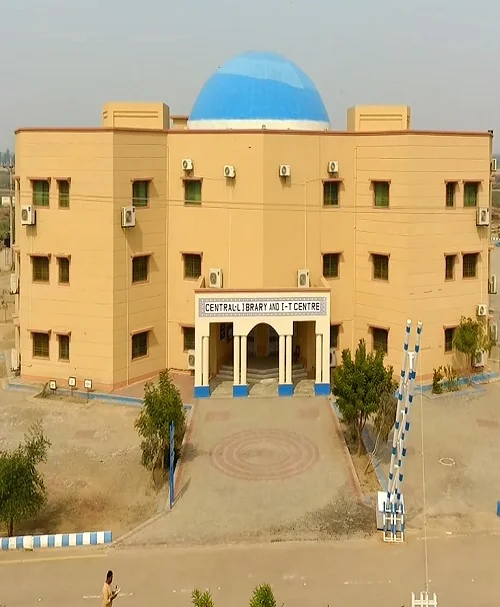Overview about MSPH Program
A Master of Science in Public Health (MSPH) program is a specialized graduate degree that prepares students for careers in public health research, policy analysis, program management, and public health practice. Here's an overview of what you can expect from an MSPH program:
1. Focus and Specialization: MSPH programs often emphasize a specific area within public health, such as epidemiology, biostatistics, environmental health sciences, health policy and management, global health, maternal and child health, or social and behavioral sciences. Students typically choose a concentration that aligns with their career goals and interests.
2. Curriculum: The curriculum of an MSPH program includes core courses in public health fundamentals, research methods, biostatistics, epidemiology, and health policy. Additionally, students take specialized courses related to their chosen concentration. Some programs may require a thesis or a capstone project where students apply their knowledge and skills to address a public health issue.
3. Skills Development: Students develop analytical, research, and critical thinking skills necessary for conducting public health research, analyzing data, evaluating health programs, and developing evidence-based policies and interventions. Depending on the concentration, students may also gain specialized skills such as epidemiological modeling, health economics, or environmental risk assessment.
4. Practical Experience: Many MSPH programs include opportunities for practical experience through internships, fieldwork, or practicums. These experiences provide students with hands-on exposure to public health practice and allow them to apply classroom knowledge in real-world settings.
5. Career Opportunities: Graduates of MSPH programs pursue careers in a variety of settings, including government agencies (e.g., CDC, NIH), non-profit organizations, research institutions, healthcare organizations, consulting firms, and international organizations. Job titles may include epidemiologist, biostatistician, health policy analyst, program manager, research associate, or public health consultant.
6. Further Education: Some students use an MSPH as a stepping stone to further education, such as pursuing a doctoral degree (PhD) in public health or a related field.
Overall, an MSPH program provides a rigorous academic foundation and practical skills necessary for addressing complex public health challenges and making meaningful contributions to improving population health locally, nationally, and globally.






